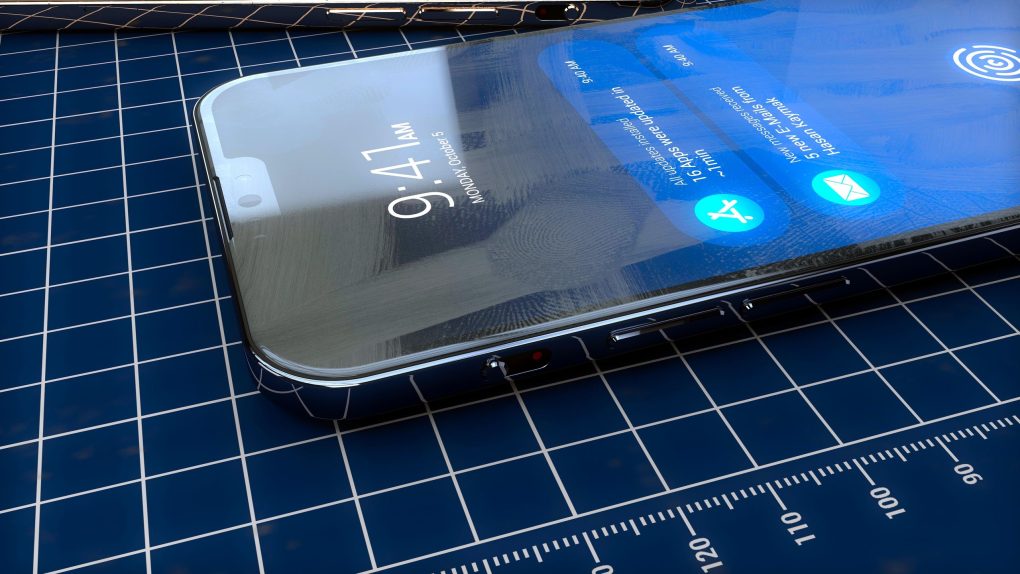Recently, the smartphone world has been dazzled by Android devices that take extraordinarily stellar photos in seemingly impossible low-light conditions. Huawei’s P30 Pro, in particular, manages to capture incredibly detailed photos in poor lighting conditions. Google’s Night Sight mode on its Pixel phones, meanwhile, delivers pretty astonishing results in low-light environments as well.
As a result, I admit that I was perhaps a bit hasty in assuming that Apple, with the iPhone 11 release looming overhead, must play catch-up in order to compete with devices like the P30 and Google Pixel. The reality, though, is that the hoopla surrounding devices like the P30 Pro can often be so exciting as to make us forget there are, in fact, many ways one can measure camera performance across a specific smartphone. Put simply, a device like the P30 Pro, for all of its low-light magic, may actually have to catch up to the iPhone as opposed to the other way around.
This point was made abundantly clear when PhoneArena recently tested the iPhone XS against Samsung’s Galaxy S10+ and Huawei’s P30 Pro. What made this particular test so interesting is that photos were taken in optimal lighting conditions. When the dust settled, the iPhone XS absolutely demolished the Huawei P30 Pro in overall picture quality.
This is a telling metric because, let’s face it, most photos are taken in relatively decent lighting conditions. Truth be told, most users don’t even think to take photos in overwhelmingly dark environments. Consequently, a device that takes higher quality photos in more typical shooting environments is clearly preferable to a device that takes subpar photos in the same environment, its low-light capabilities notwithstanding.
PhoneArena observed:
The important takeaway is the very low score that the Huawei P30 Pro got: often, it got less than 10% of the votes, which really shows that pictures that it produces are not nearly as likable as the ones from the Galaxy and the iPhone. In other words, we do have a winner, but the bigger news is that the loser was so far behind.
While many analysts have called the Huawei P30 Pro the best camera ever, these results show that the reality is not quite as simple.
In short, it’s important to judge a smartphone camera by the full extent of its capabilities as opposed to making sweeping conclusions based on solely one metric.
So where does this leave Apple?
Well, the notion that Apple’s current iPhone lineup — with the iPhone XR, XS, and XS Max — is behind the curve is seemingly misguided. And with the iPhone 11 release now just a few months away, Apple appears poised to make yet another huge leap forward in the realm of smartphone photography. Just yesterday, word surfaced that Apple’s iPhone 11 models will feature vastly improved camera technology. Specifically, the both successors to the iPhone XS and iPhone XS Max will incorporate a triple-camera scheme on the back of the device. Meanwhile, the entry-level iPhone 11 will reportedly boast a dual-lens camera.
The P30 Pro from Huawei is undoubtedly a cool and sleek device with some compelling features, but it’s hard to take it seriously as a legit threat to the iPhone — with respect to mobile photography — when it can seemingly only put Apple to shame in a rather limited use-case scenario.








